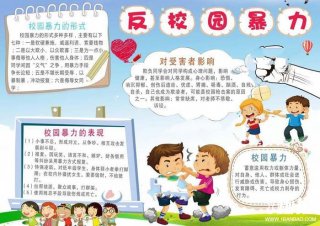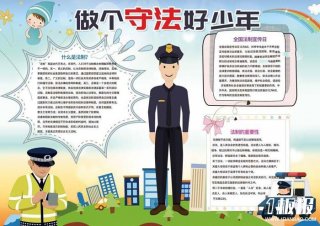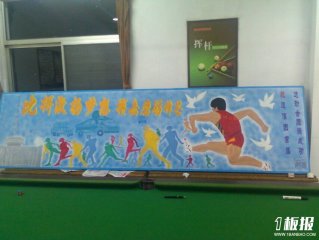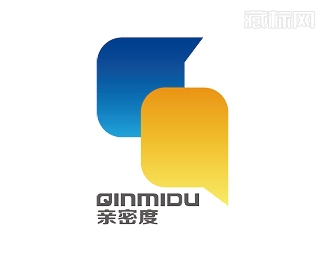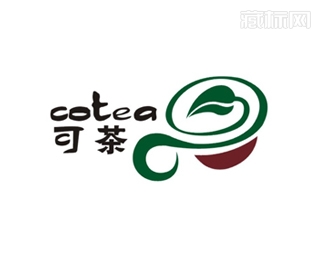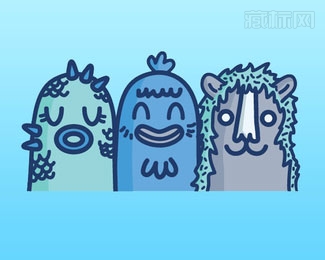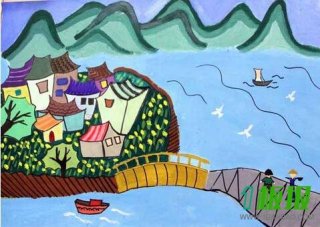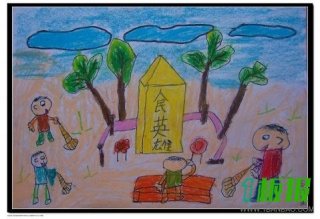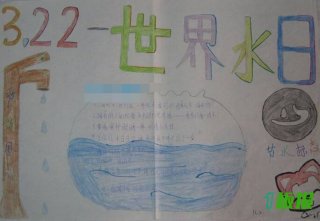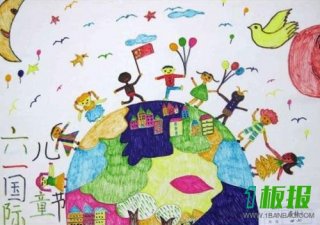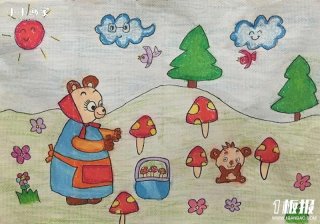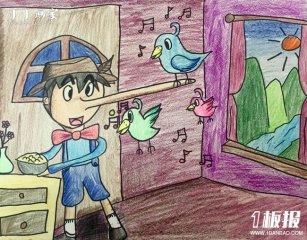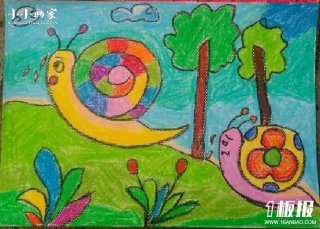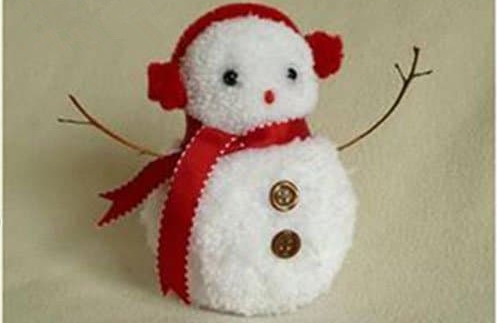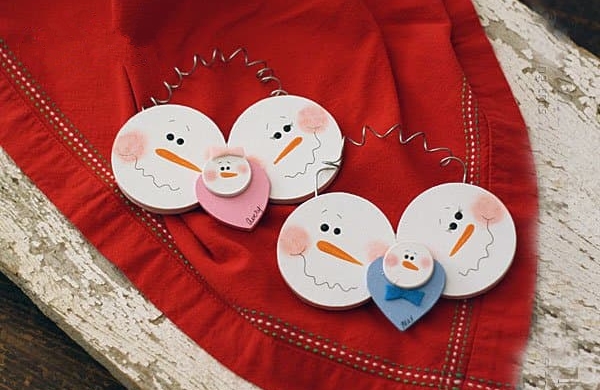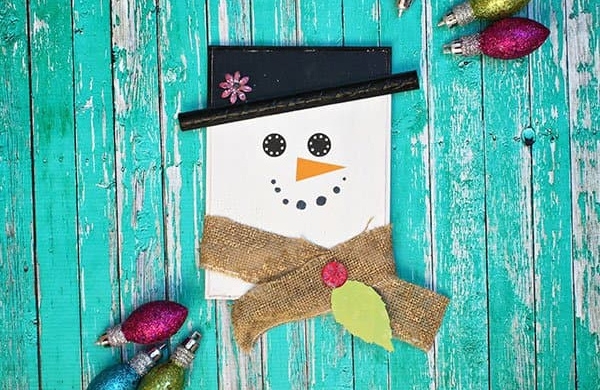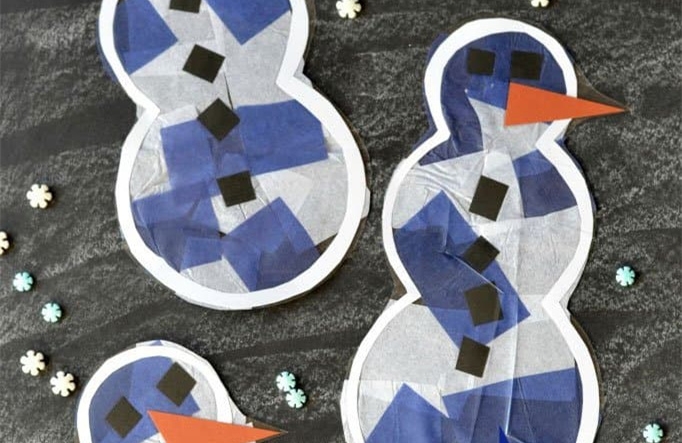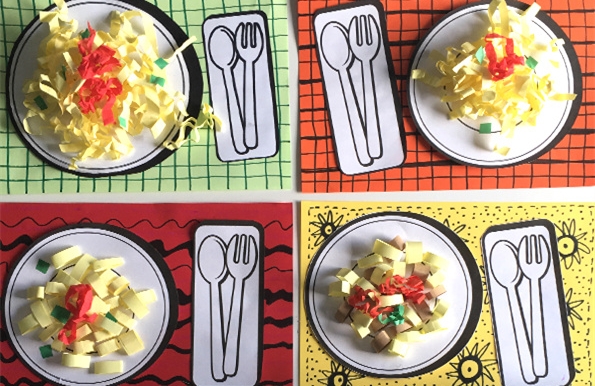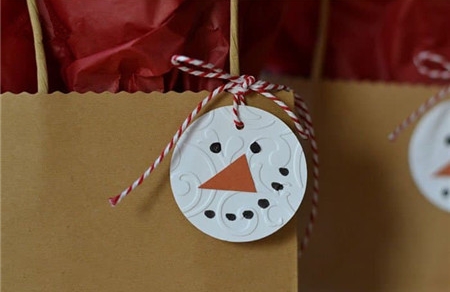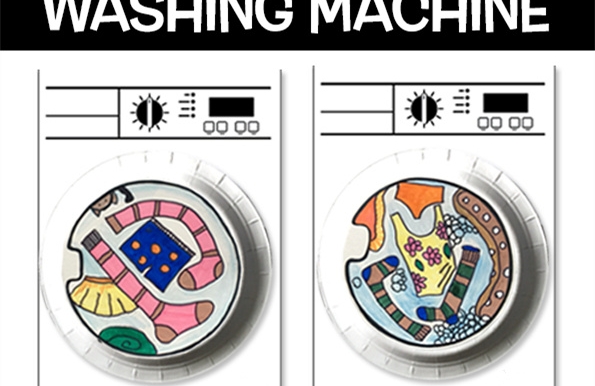端午英语手抄报简单又漂亮
时间:2020-05-28 10:46 作者:mj 点击: 次
手抄报一:端午节中英介绍
The Dragon Boat Festival, also called Double Fifth Festival, is celebrated on the fifth day of the fifth moon of the lunar calendar. It is one of the most important Chinese festivals, the other two being the Autumn Moon Festival and Chinese New Year。
The origin of this summer festival centers around a scholarly government official named Chu Yuan. He was a good and respected man, but because of the misdeeds of jealous rivals he eventually fell into disfavor in the emperor's court。
Unable to regain the respect of the emperor, in his sorrow Chu Yuan threw himself into the Mi Low river. Because of their admiration for Chu Yuan, the local people living adjacent to the Mi Lo River rushed into their boats to search for him while throwing rice into the waters to appease the river dragons。
Although they were unable to find Chu Yuan, their efforts are still commemorated today during the Dragon Boat Festival。
端午节的由来
端午节,又称为五五节,因为端午节是在农历的五月五日,是三个重要的中国节庆之一,其他两个分别是中秋节和农历新年。
这个节日的由来是古代中国有一位博学多闻的官吏屈原,他是一位爱民而且又受到尊崇的官吏,但是由於一位充满嫉妒的官吏陷害,从此在朝廷中被皇帝所冷落。由於无法获得皇帝的重视,屈原在忧郁的情况下投汨罗江自尽。
由於对屈原的爱戴,汨罗江畔的居民匆忙的划船在江内寻找屈原,并且将米丢入汨罗江中,以平息汨罗江中的蛟龙。即使他们当时并没有找到屈原,但是他们的行为,直到今天在端午节的时候,仍然被人们传颂纪念着。
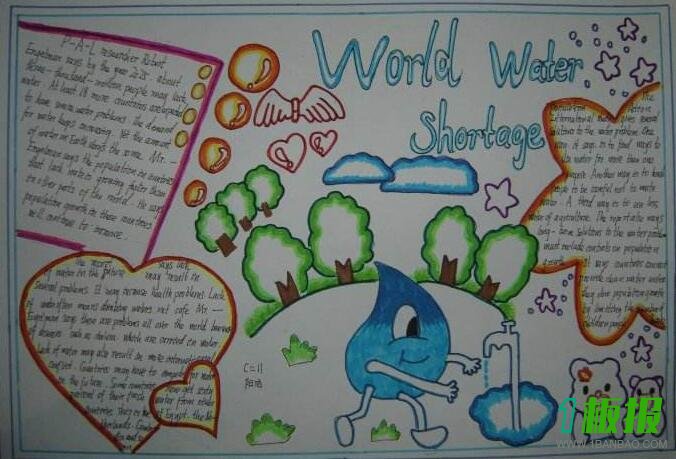
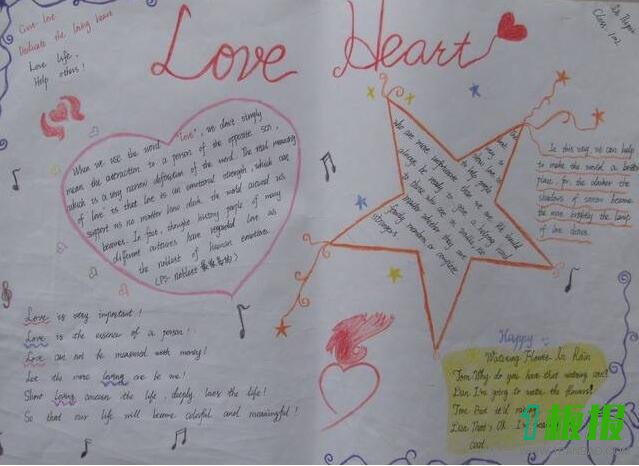
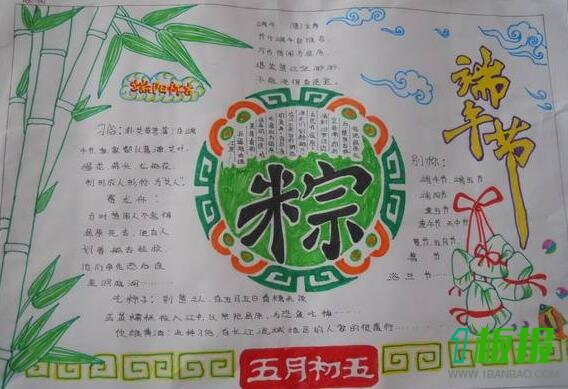
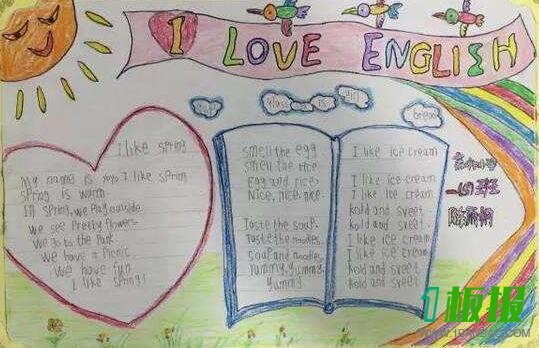
手抄报二:端午节英语详细介绍
The Dragon Boat Festival, also called the Duanwu Festival, is celebrated on the fifth day of the fifth month according to the Chinese calendar. For thousands of years, the festival has been marked by eating zong zi (glutinous rice(糯米)wrapped to form a pyramid using bamboo or reed leaves) and racing dragon boats.
The festival is best known for its dragon-boat races, especially in the southern provinces where there are many rivers and lakes. This regatta(赛舟会)commemorates the death of Qu Yuan , an honest minister who is said to have committed suicide by drowning himself in a river.
Qu was a minister of the State of Chu situated in present-day Hunan and Hubei provinces, during the Warring States Period (475-221BC)(战国时期). He was upright, loyal and highly esteemed for his wise counsel that brought peace and prosperity to the state. However, when a dishonest and corrupt prince vilified Qu, he was disgraced and dismissed from office. Realizing that the country was now in the hands of evil and corrupt officials, Qu grabbed a large stone and leapt into the Miluo River on the fifth day of the fifth month. Nearby fishermen rushed over to try and save him but were unable to even recover his body. Thereafter, the state declined and was eventually conquered by the State of Qin.
The people of Chu who mourned the death of Qu threw rice into the river to feed his ghost every year on the fifth day of the fifth month. But one year, the spirit of Qu appeared and told the mourners that a huge reptile(爬行动物)in the river had stolen the rice. The spirit then advised them to wrap the rice in silk and bind it with five different-colored threads before tossing it into the river.
During the Duanwu Festival, a glutinous rice pudding called zong zi is eaten to symbolize the rice offerings to Qu. Ingredients such as beans, lotus seeds(莲子), chestnuts(栗子), pork fat and the golden yolk of a salted duck egg are often added to the glutinous rice. The pudding is then wrapped with bamboo leaves, bound with a kind of raffia and boiled in salt water for hours.
The dragon-boat races symbolize the many attempts to rescue and recover Qu's body. A typical dragon boat ranges from 50-100 feet in length, with a beam of about 5.5 feet, accommodating two paddlers seated side by side.
A wooden dragon head is attached at the bow, and a dragon tail at the stern(船尾). A banner hoisted on a pole is also fastened at the stern and the hull is decorated with red, green and blue scales edged in gold. In the center of the boat is a canopied shrine behind which the drummers, gong(铜锣)beaters and cymbal(铙钹)players are seated to set the pace for the paddlers. There are also men positioned at the bow to set off firecrackers, toss rice into the water and pretend to be looking for Qu. All of the noise and pageantry creates an atmosphere of gaiety and excitement for the participants and spectators alike. The races are held among different clans, villages and organizations, and the winners are awarded medals, banners, jugs of wine and festive meals.
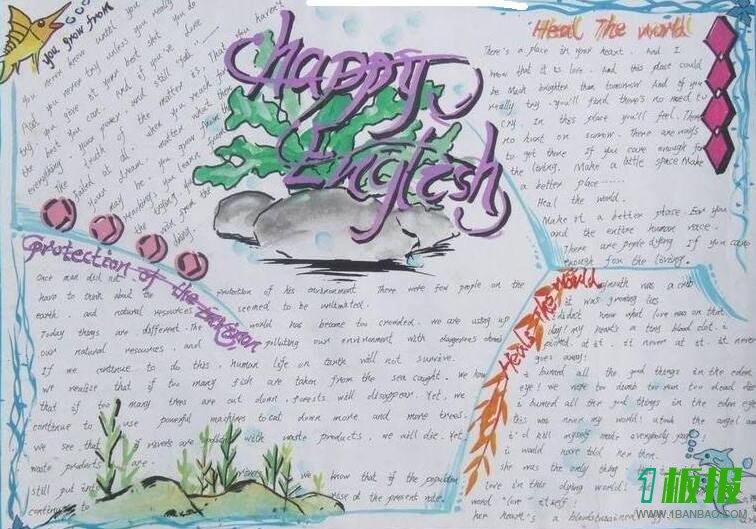
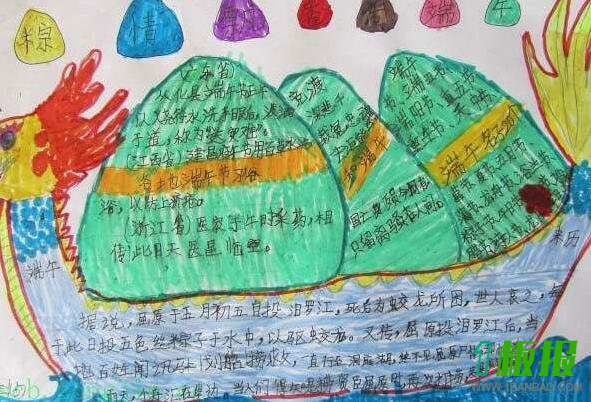
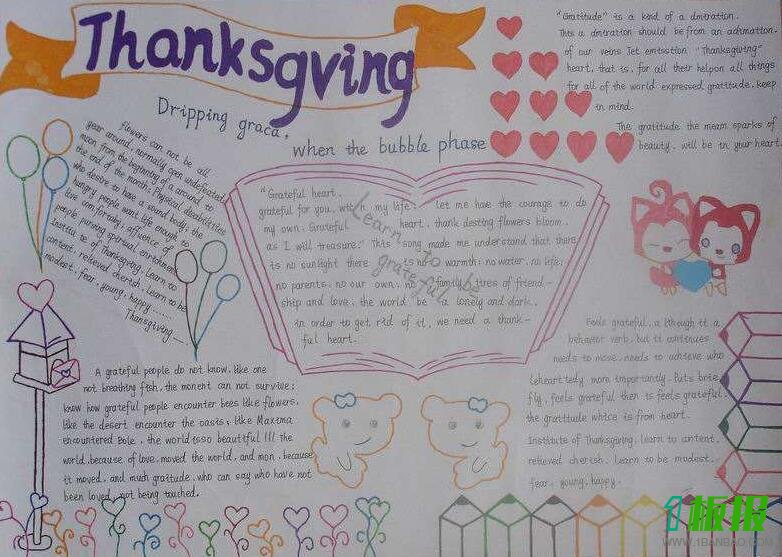
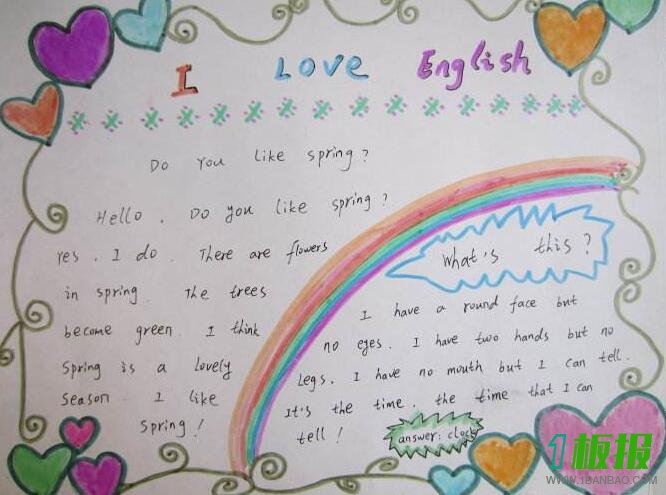
12
上一篇:绿书签行动手抄报图片大全
下一篇:心理健康手抄报简单又好看

